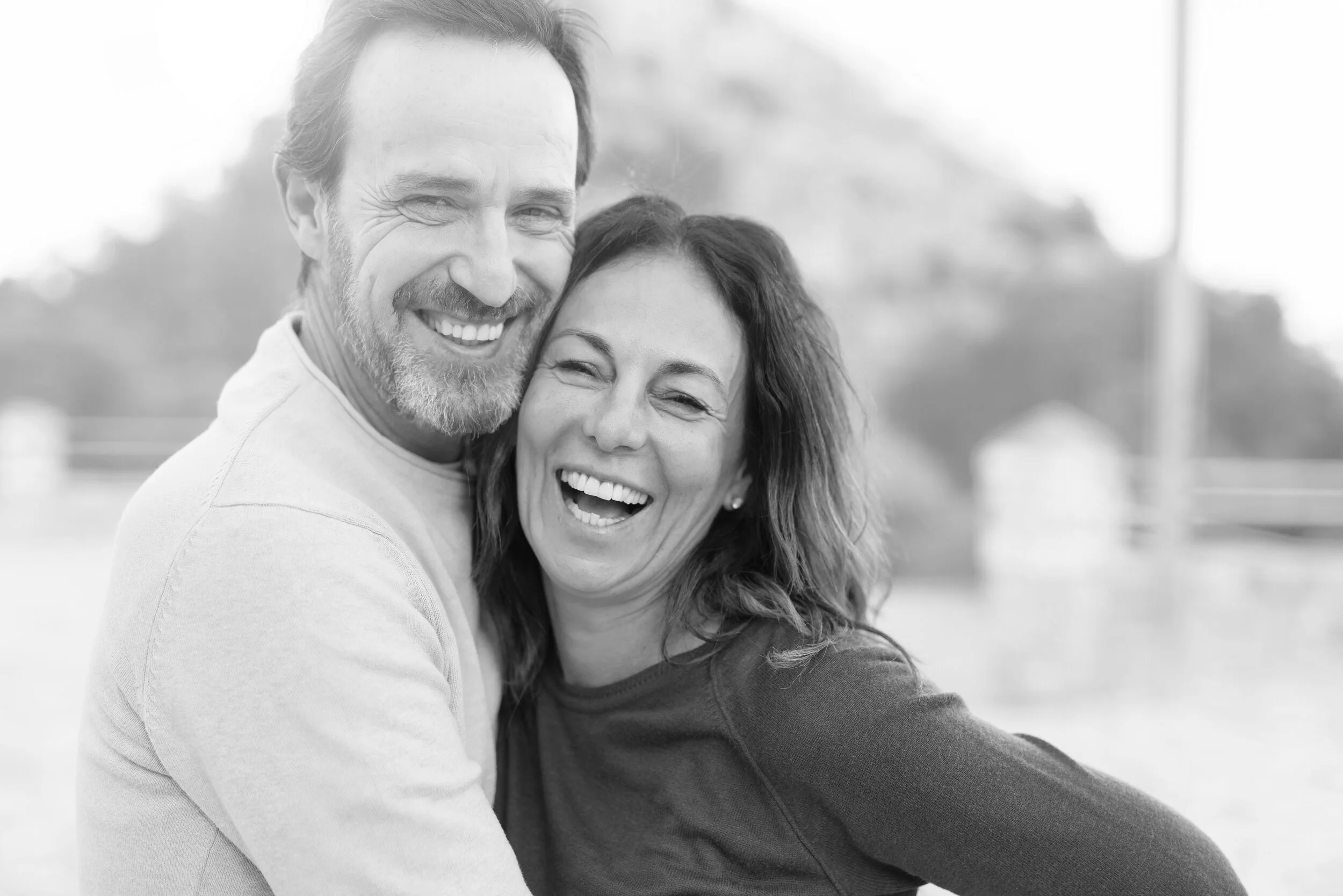The terms codependency and narcissism get thrown around a lot, even when people don’t necessarily understand what they really mean. At their core, these two ways of interacting with other people are about as opposite from each other as they can be.
Neither codependency nor narcissism are healthy, productive ways of navigating relationships and the world. Unfortunately, the two personality types can be the “perfect” match when it comes to dysfunction and romantic relationships.
What is Codependency?
The concept of codependency began many decades ago. It initially described a person with a family member who had an addiction. The non-addict, or codependent person, would avoid upsetting their addicted loved ones because they were afraid to upset the relationship.
The understanding of codependency eventually grew into what it is today. It describes a person who is overly eager to please other people. In fact, they will go way out of their way to avoid upsetting others or challenging things that make them uncomfortable.
Codependency is usually a learned attachment style formed during childhood.
What is Narcissism?
As you can probably guess, narcissism is the opposite of codependency. A narcissist believes the world should revolve around them and their needs. They have a heightened sense of their own abilities, believing that they are better than everyone else.
Narcissists typically lack empathy. The interests, goals, and emotional needs of other people don’t cross their radar, or if they do, they’re immediately dismissed. Life is about them.
What Codependents “Need”
Because of their deep-seated fear of disappointing others, codependents gravitate toward controlling partners. Of course, they don’t realize this when it happens. But they are so accustomed to denying their own needs and interests for others that it almost becomes a law of natural attraction. They can’t imagine any other type of relationship.
What Narcissists “Need”
Narcissists thrive on attention and praise from others. When they date people who won’t put up with their pride and self-centeredness, narcissists get offended. Clearly, this other person doesn’t understand how important they are, the narcissist thinks.
So, again, following this law of natural attraction, narcissists are drawn to people with codependent issues. A narcissist seeks someone who will avoid upsetting them, who won’t argue with them.
When It Goes Wrong
When you take two unhealthy styles of interaction and add them together, something is bound to go wrong with time. The narcissist may take offense at even innocent actions or come to believe that the codependent isn’t good enough for them.
Codependents often internalize their emotional pain, but eventually, it will come to the surface and wreak havoc on a relationship.
Getting Help
Even though codependents may be thought of as emotionally weaker than a narcissist, the fact is that it’s easier for them to grow and change than a narcissist is. Codependency in and of itself is not a mental illness or a diagnosis. Rather, it’s a learned way of being that can be unlearned through therapy and self-compassion.
Narcissism, unfortunately, can be an actual diagnosis of a personality disorder. (Of course, some people are just more self-centered than others and aren’t necessarily true narcissists). Overcoming narcissism is more difficult than overcoming codependency.
If you recognize yourself and your romantic relationship in these descriptions, it’s important to take careful stock of your life and what you want from it. You deserve a healthy relationship that thrives on mutual respect, not emotional manipulation.
If you’re reading this and suspect you struggle with codependency, consider reaching out for help from a counselor. Likewise, if you’re the rare person who can admit they may be narcissistic, also reach out for help.
You can seek help for your relationship as well as seek help to overcome your own issues. Whether you do one or both, you’ll prepare yourself for a healthier future.
If you think codependency is an issue in your life and are ready to look deeper, I encourage you to read more about therapy for codependency and reach out to my office for support and an initial consultation.

